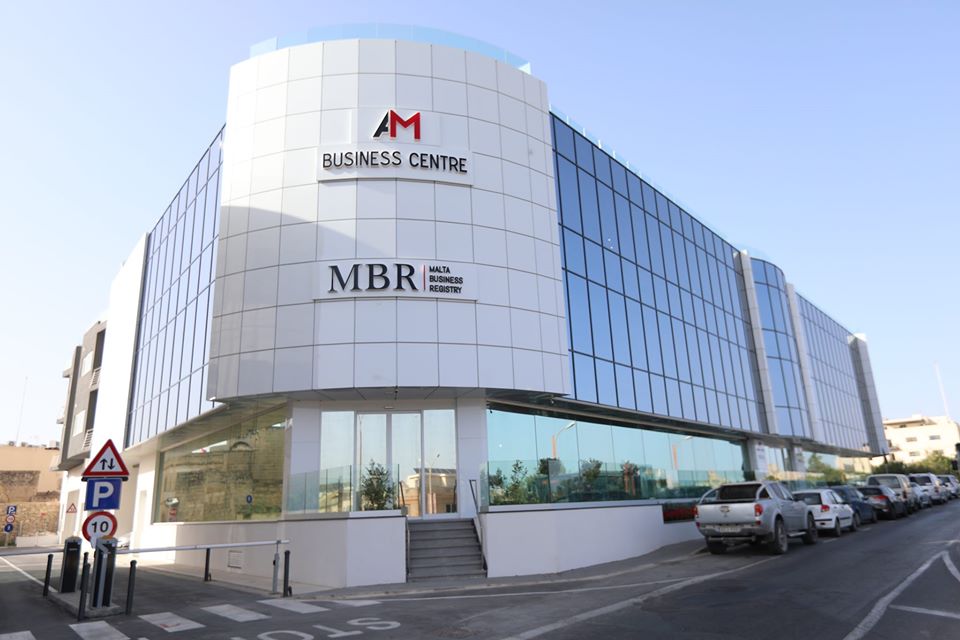A total of 2,854 incorporations were registered by the Malta Business Registry (MBR) in 2022, a drop of 18.5 per cent from the previous year.
According to the MBR’s annual report for 2022, the year was described as ‘challenging’, especially for its compliance unit due to starting the year within the Financial Action Task Force (FATF) greylist.
“Our dedicated employees played a key role in getting Malta off the greylist, and therefore, ever since the MBR became a standalone entity, this year’s annual report represents a significant unique achievement,” said MBR’s CEO Geraldine Spiteri Lucas.
“The FATF experience has brought about a noticeable change in the culture and mindset of practitioners and CSPs, who are constantly striving to comply with the new requirements in place.”
During the first quarter of the year, the report highlighted that the compliance unit was focused on implementing the action plan presented by the FATF for the removal of Malta from the greylist in the shortest time span possible. Eventually the country was removed from the greylist in June 2022.
Throughout the year, 1,639 inspections were carried out, an increase of 10.73 per cent over the previous year. The report indicated that inspections were set to increase further in 2023.
Furthermore, the compliance unit also screened 6,863 beneficial owners and 5,390 directors of new companies. It also conducted KYC screening of new involvements in existing companies, contributing to a total of 39,436 checks carried out throughout the year.
State of the registry
In 2022 the number of annual registrations dropped to 2,854 from 3,504 year-on-year. The vast majority of registrations were classified as limited companies.
Meanwhile, 1,740 companies were placed into voluntary liquidation in 2022, a drop from 2,108 in the previous year.
Furthermore, 39 foreign companies re-domiciled in Malta, while 70 locally registered companies re-domiciled outside of the country.
In 2022, the MBR was accepted as a member of the Corporate Registries Forum (CRF), and Malta was chosen as the host for its annual general conference which will bring 70 registries to Malta.
Malta also became one of the EU’s first member states to join the Beneficial Ownership Register Information System (BORIS), a tool which connects national central registers holding beneficial ownership information of corporate and other legal entities and trusts and other types of legal arrangements.
In 2023, the registry unit will undergo a major restructuring to improve its service and focus on specialisation. Malta is also expected to transpose the Mobility Directive which will enhance the freedom of establishment of companies by creating a harmonised legal framework for member states concerning cross-border movements of limited liability companies.
St Julian’s registers highest numbers of thefts in bars, restaurants and hotels in the first 3 months of 2024
The figures were tabled in Parliament on Tuesday
Taxi and cab operators pull in almost €50 million in 2023
The industry has more than doubled revenues since 2019
Pjazza 1902: Restored landmark transformed into a vibrant hub for dining, leisure and fitness
Built in 1902, the historical site has been painstakingly restored to its former glory & reopened as an entertainment hub






